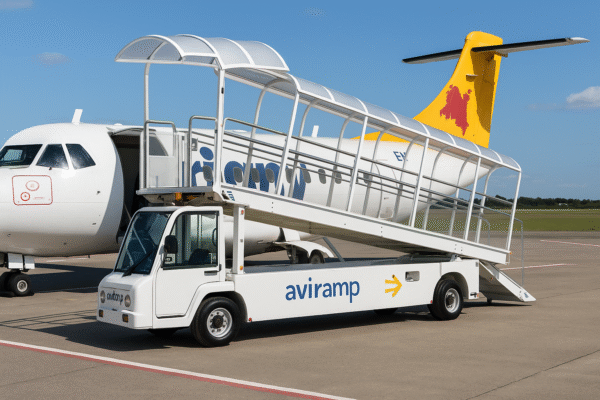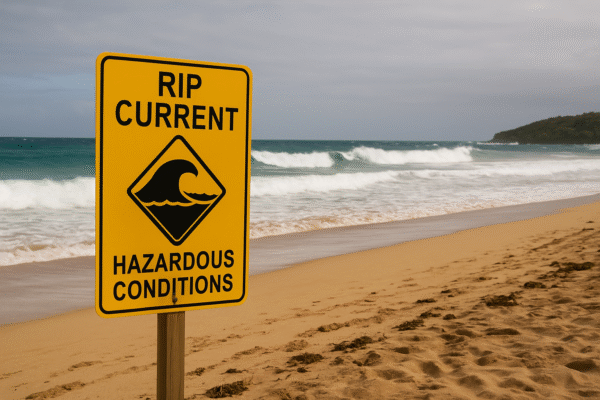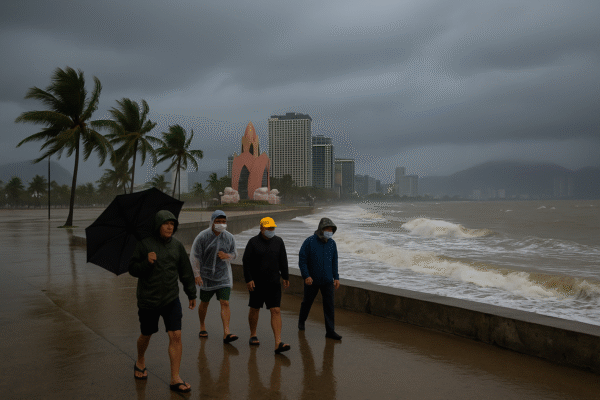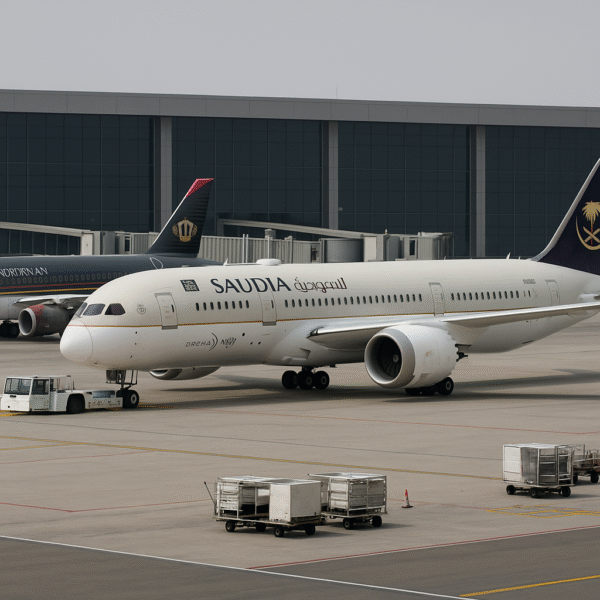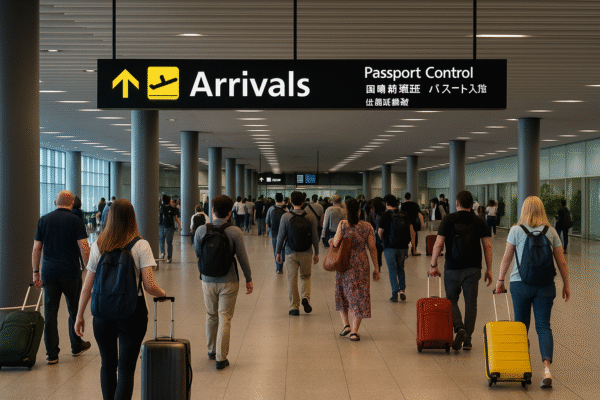In a decisive push toward streamlining border entry across East Asia, several leading travel destinations are transitioning to electronic arrival systems. Starting May 1, 2025, Thailand introduced its Thailand Digital Arrival Card (TDAC), making it mandatory for all foreign visitors. Following suit, the Philippines, South Korea, and Japan are implementing or piloting digital versions of arrival cards, while Vietnam still relies on traditional paper forms—for now.
Thailand’s Digital Leap: Mandatory TDAC from May 2025
Thailand has fully embraced digital innovation at its borders. From May 1, 2025, all non-Thai nationals entering Thailand by air, land, or sea must complete the Thailand Digital Arrival Card (TDAC) online, within three days prior to arrival. This replaces the outdated paper TM6 form and covers a broad range of travelers—tourists, business visitors, long-term residents—with narrow exemptions for transit passengers and certain border pass holders. The form collects essential data such as passport details, travel itinerary, accommodation information, and health declarations. This shift aims to enhance immigration efficiency, strengthen security, and support public health monitoring. The system is designed to reduce wait times and minimize paperwork, marking a significant modernization of the entry process across Thailand.
Thailand visitors should complete TDAC well in advance to avoid delays.
Philippines: Smooth Entry with e-Travel Registration
The Philippines has transitioned from its earlier e-Arrival card to the new “e-Travel Registration” system. Travelers must complete this digital form—free of charge—within 72 hours before departure. The system captures required personal and trip details and generates a QR code, which immigration scans upon arrival for a streamlined exit. While airport Wi-Fi can be unreliable, completing the form in advance helps avoid delays and confusion. With sufficient preparation, the e-Travel system significantly reduces bottlenecks at entry points.
Japan: Optional Digital Card with Added Convenience
Japan’s digital arrival system remains optional, offering travelers a convenient alternative to the traditional paper form. For those who opt for digital submission, the process is generally smooth, though it comes with a fee—around USD 60—with an extra USD 20 for expedited processing. While many travelers receive their digital card within an hour, authorities warn the standard turnaround can take up to 72 hours. The express option speeds up access, making it a practical choice for time-sensitive travelers.
South Korea: Mandatory Electronic Arrival Form for All
South Korea mandates the use of an e-Arrival card. All incoming travelers must complete the electronic form before arrival, ensuring that immigration processing moves quickly and efficiently. While paper forms remain available at airports as a backup, online submission is strongly encouraged to avoid potential delays—especially during periods of high passenger volume or in the event of connectivity issues.
Vietnam: Paper Forms Still in Use—For Now
Unlike its regional neighbors, Vietnam continues to rely solely on paper-based arrival cards. No official digital alternative is yet in place, though digital entry processes are growing more common across adjacent countries. Travelers to Vietnam should stay alert for updates, as the adoption of e-forms seems increasingly likely in the near future.
Why Digital Arrival Cards Are Game-Changers
Digital arrival cards benefit both travelers and authorities. By shifting to electronic pre-arrival submissions, countries reduce paper use, minimize data-entry errors, and greatly speed up immigration processing. This is especially helpful in countries where language differences may complicate handwritten entries. For travelers, filling out forms ahead of time means fewer delays, less stress, and more time to enjoy their destination.
Authorities gain streamlined data collection, better border control, and refined tracking tools—essential for security and health monitoring in today’s global travel environment. Digital systems also support greener travel by eliminating stacks of paper forms.
The Broader Digital Trend in Southeast Asia
The wave of digital border solutions isn’t limited to Thailand and its immediate neighbors. Countries across Southeast Asia, like Malaysia and Singapore, have long employed digital arrival cards to boost efficiency and security. Singapore’s SG Arrival Card has been a permanent fixture since 2020, while Malaysia rolled out its Mandatory Digital Arrival Card in early 2024. Proof of the region’s commitment to modern travel infrastructure.
Final Takeaway: Travel Smart, Prepare Early
As East Asia embraces digital migration entry systems, travelers should stay informed and proactive. Here’s what to remember:
- Thailand: Submit TDAC online 3 days before arrival—mandatory from May 1, 2025.
- Philippines: Use free e-Travel Registration within 72 hours pre-departure.
- Japan: Digital card optional—USD 60, plus USD 20 for express service.
- South Korea: e-Arrival card required for all; paper backup available.
- Vietnam: Paper form only. Check for changes before traveling.
By reviewing entry requirements ahead of time and completing digital forms early, travelers can enjoy faster, safer, and more seamless immigration experiences. As countries continue to digitize, staying up-to-date not only saves time—it enhances your journey from start to finish.
For more travel news like this, keep reading Global Travel Wire

